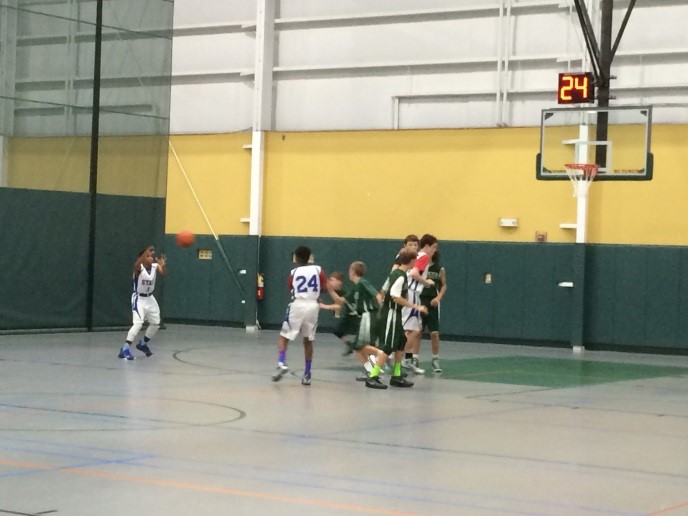Claudia Petritsch, Ph.D.
Funded 2015, second year
BRAF Mutation effects on malignant astrocytoma development and therapy responses.
Abstract:
CD133+ subpopulations of cells in glioblastoma (GBM) show in vivo resistance to treatment with radiation and temozolomide, and are thought to contribute to therapy evasion and tumor recurrence. Frequent hyperactivation of the MAPK pathway in GBM has prompted the clinical evaluation of several pharmacological MAPK pathway inhibitors for the treatment of GBM. Here we find that CD133+ GBM cells exhibit decreased MAPK pathway inhibition response, relative quiescence, an extended G2/M phase, and higher rates of polarized, asymmetric divisions, in relation to CD133- subpopulations. We also find elevated levels of activated PLK1 in CD133+ cells, and these cells show high sensitivity to G2/M arrest in response to PLK1 inhibition. In an orthotopic GBM xenograft model, combined MAPK-pathway and PLK1 inhibition showed anti-proliferative effects beyond that achieved by either inhibitor alone. We propose that PLK1 acts as part of a polarity checkpoint, the integrity of which is especially important in stem-like and therapy-insensitive CD133+ GBM cells.
Significance: This study identifies a heterogeneous cellular response of GBM subpopulations to MAPK pathway inhibition. Differences in cell cycle dynamics and underlying stem cell properties, such as polarized asymmetric divisions, distinguish therapy-evasive and therapy-responsive subpopulations in GBM. We reveal an approach for targeting the therapy–evasive compartment in GBM.

